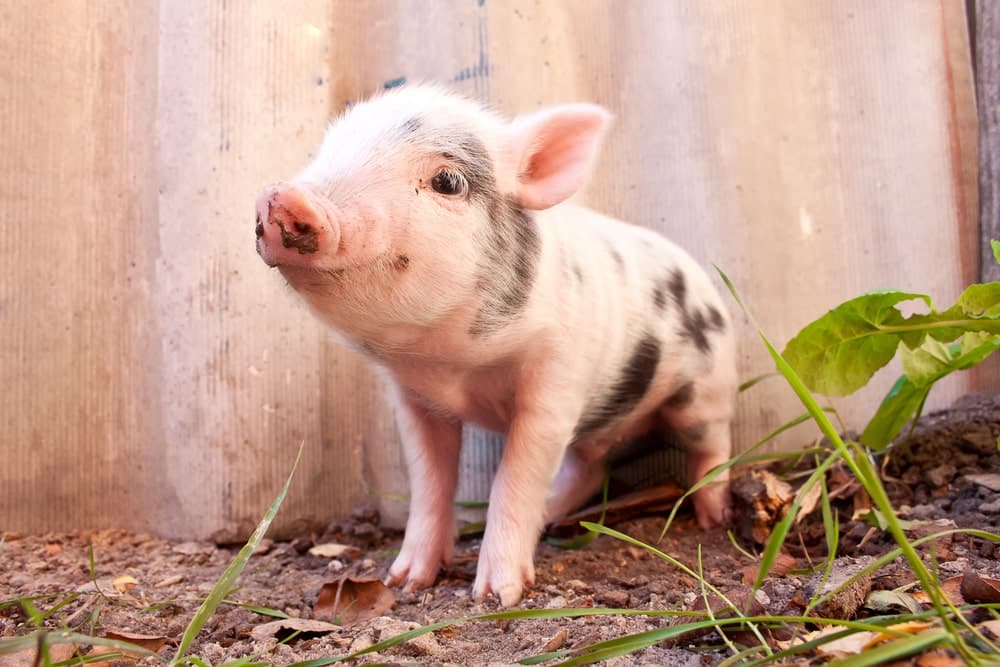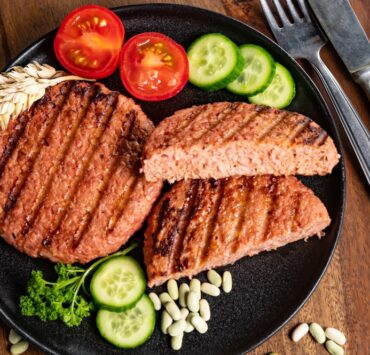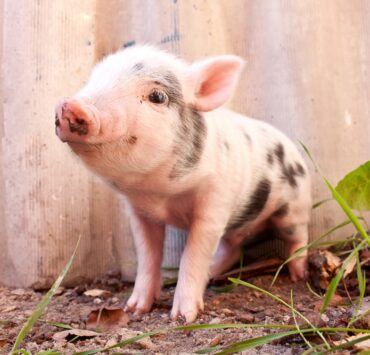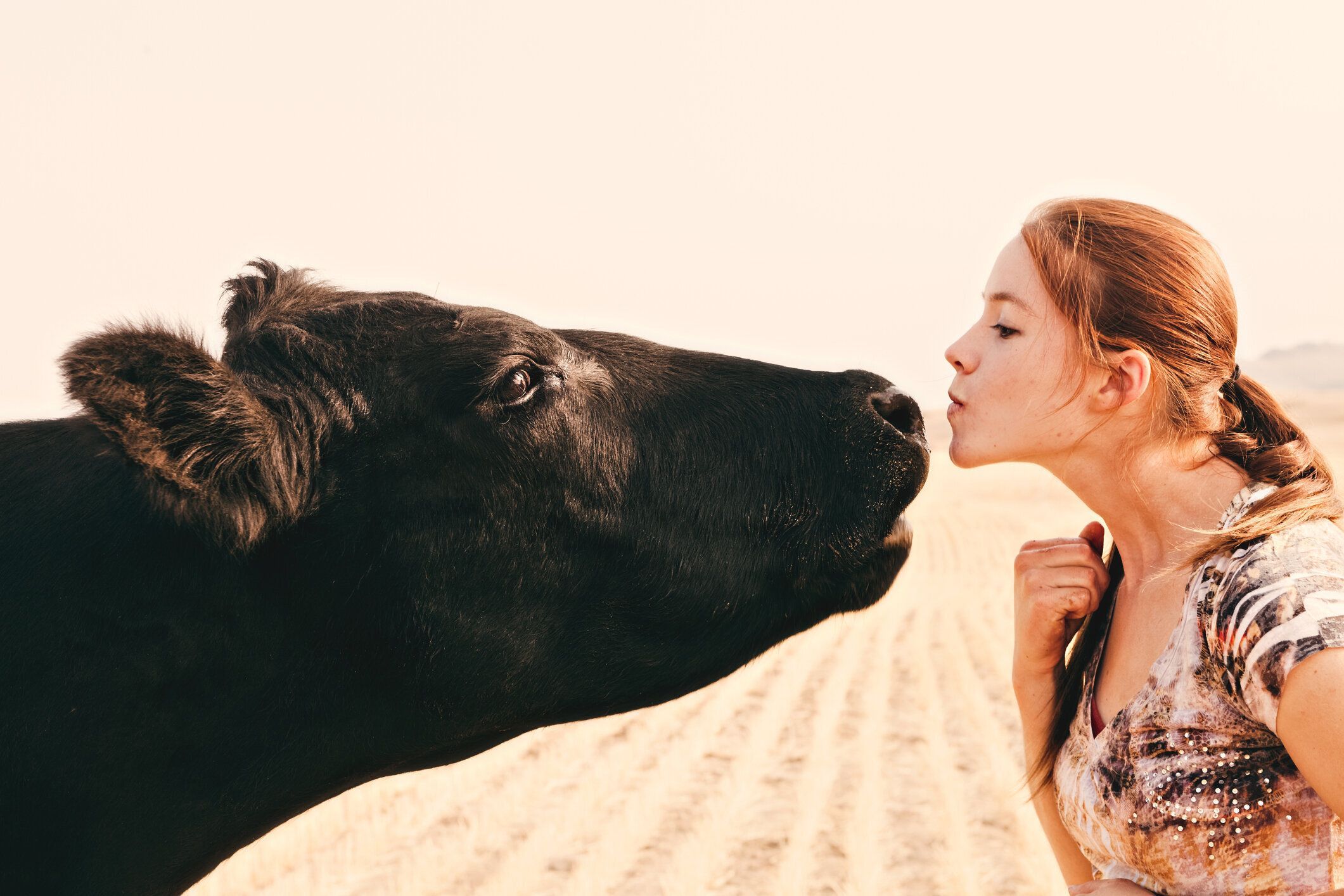February 19, 2022 — for the third year in a row, the 30-day challenge Veganuár was organized with the purpose of providing complete guidance to Hungarians interested in veganism. The initiative primarily aims to help those wanting to take on the lifestyle change in January, but the programme is available throughout the year. 2022 marks another record-high number of participants signing up for the programme, which has been completed by tens of thousands of people. In this summary, we present the results of our participant survey, as well as the estimated ecological impact of this year’s programme.
Hungary’s most popular challenge, Veganuár, has reached new highs:
- The number of people who had signed up before kickoff (January 1, 8 AM) was 13,616, an all-time high;
- Also at an all-time high was the number of people who joined throughout the month (until February 1, 8 AM), which was 26,708, and has risen to 27,541 since;
- A new milestone was set with the total number of participants as well, with over 56,000 people altogether.
The support group for participants on Facebook saw a rise from 14,000 to 20,200 members this year, with 842 posts, 23,364 comments and 156,428 reactions since January 1 alone.
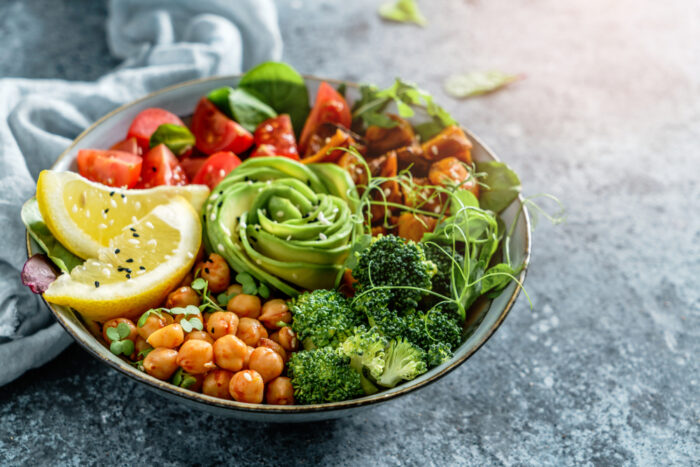
Participant statistics*:
- Women rule this challenge: the overwhelming majority of participants who completed the programme — 91.3% — were women.
- A programme for all ages: The programme was most popular with people between the ages of 35-54, with just over half the participants falling into this category. They were followed by participants aged between 25-34, with the third biggest age group being 55-64, and the fourth 18-24. Those aged below 18 accounted for 1% of the participants, while those over 65 accounted for 8%.
- Why people tried the programme: like every year so far, the most popular reason people started the programme was for the improvement of their health. This was followed closely by ethical/animal rights, and finally environmental reasons. Additionally, many people were also motivated by religious reasons and simply by wanting to try new foods.
- Pre-challenge diets: just over 40% of participants who filled out the survey claimed they consumed small amounts of animal-derived food, while over 28% said they consumed animal-based products regularly before they started the programme. This group was followed by vegetarians with just over 22%, and like every year, some vegans joined as well — this year, they made up just over 8% of participants.
How the participants experienced the programme:
- Not a month of rigorous restriction for most: the majority (51.5%) consumed some amount of animal-derived foods during the month, while 48.5% abstained from it completely.
- Satisfaction was high overall: 94.2% of respondents said they were generally satisfied with the support and guidance they were given during the programme.
- To remain or not to remain vegan: the overwhelming majority (82.3%) said they would probably or certainly continue the vegan lifestyle after the month ends, while 17.7% expected to return to their previous lifestyle at the end of the challenge.
- Why the majority planned to stay vegan: this year, the health benefits experienced triumphed when it came to the reason people decided to stick to the lifestyle (during previous years, the motivation of the majority shifted towards animal rights issues), followed by animal rights and finally sustainability concerns. Quite a large number of people also said they were motivated to stay vegan because they found the food they ate during the month to be more diverse and flavourful.
- Improved health: over 1,200 participants reported improved health, including a general sense of well-being, improved energy levels, better sleep, clearer skin, a general sense of calmness, and relieved joint pain. Some participants were even able to stop relying on medication for certain health issues.
- The biggest challenges: “Having to read every label while trying to shop for food was cumbersome”, “It was disheartening when I found no vegan options at restaurants”, “My relatives were reproachful about my new lifestyle”, “I had to spend a lot of time experimenting in the kitchen” — were some of the challenges the participants encountered during the programme. However, the majority claimed they faced no major difficulties throughout the month.
- Well-liked recipes: we kicked off this year’s programme with over 100 recipes developed by our team, illustrated with beautiful photos, which 98.5% of respondents were satisfied with.
- A solitary journey for most: 76.9% of participants completed the programme alone, while some had a family member or a friend do it with them — 19.3% and 3.8% respectively. In the future, we are planning to put more emphasis on making sure participants experience a sense of community while they complete the programme, creating an even more inclusive space where they can share the highs and lows of their journey and find help whenever needed.
- Sharing is caring: 98.6% of respondents said they would recommend the programme to others, 23% of which have already invited someone to complete it.
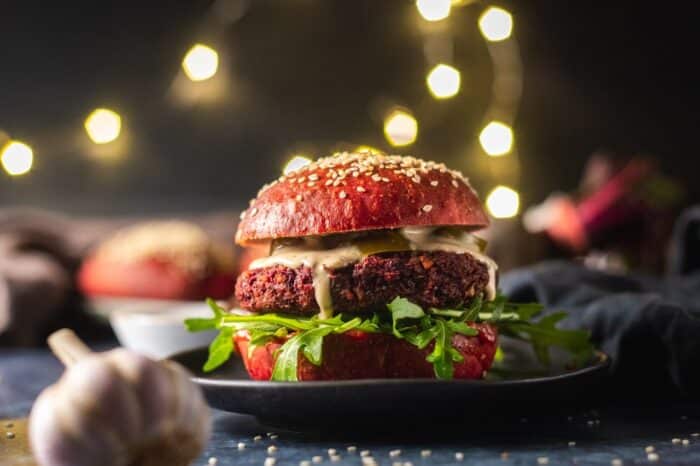
Our impact on the world in a single month
According to our estimations**, for which we used FAOSTAT’s database, each participant who followed a vegan lifestyle for a month was able to save a 78 m² land area, 61.2 kg CO², and 37,700 liters of water, while also saving the lives of 30 animals by contributing less to agricultural demands. Counting the people who abstained from consuming animal products during the challenge — 48.5% of the participants —, we can conclude that the Veganuár 2022 programme contributed to the following:
- 400 thousand less animals were destined for slaughter (or at least, the consumer demand was reduced by this much).
- 503 million liters of water were saved by participants not supporting animal agriculture.
- 817 thousand kilograms less carbon dioxide was emitted into the atmosphere.
- 1 million m² less land was needed for food production.
Raul Vida, the founder of Veganuár concluded the busiest month of the programme:
“We are aware that the majority are somewhat interested in plant-based diets and the vegan lifestyle, but it’s also clear to us that the myths and stereotypes around veganism stop a lot of people from giving it a try. There’s also a lot of hesitation stemming from not knowing where to start or being afraid of “doing it wrong”. Our job is to hold the participants’ hands at the very beginning and help them through some of the hardships the novelty of the lifestyle can present.
Every year, we set new records for participant numbers, therefore our impact on society as a whole is growing, too. We come across more and more success stories each year, and we are able to help more and more people suffering from all kinds of health issues restore their well-being. We are able to do this by encouraging them to start in the kindest, most effective way, and providing complete guidance along the way in the form of recipes, articles, studies, and movies. What we are best at is assisting change by providing a programme free of judgment and full of exciting, efficient material — and best of all, with a real sense of vision and mission.”
*The survey was filled out by 3076 participants (11.1%) until the time of calculation (February 18, 2022, at 12 PM).
**The estimated impact is calculated by counting those following a vegan lifestyle. It does not include vegetarians and flexitarians, even though they make up a significant portion of the participants. The numbers can vary based on several factors, including the person, the country, consumer habits, and many others.
Contact/media inquiries:
Raul Vida, founder of the Veganuár challenge
raul@prove.hu
A Prove.hu vegán szemmel mutatja be a világot - növényi alapú receptek, riportok itthonról és a nagyvilágból, elemzések, véleménycikkek és még sok más.







